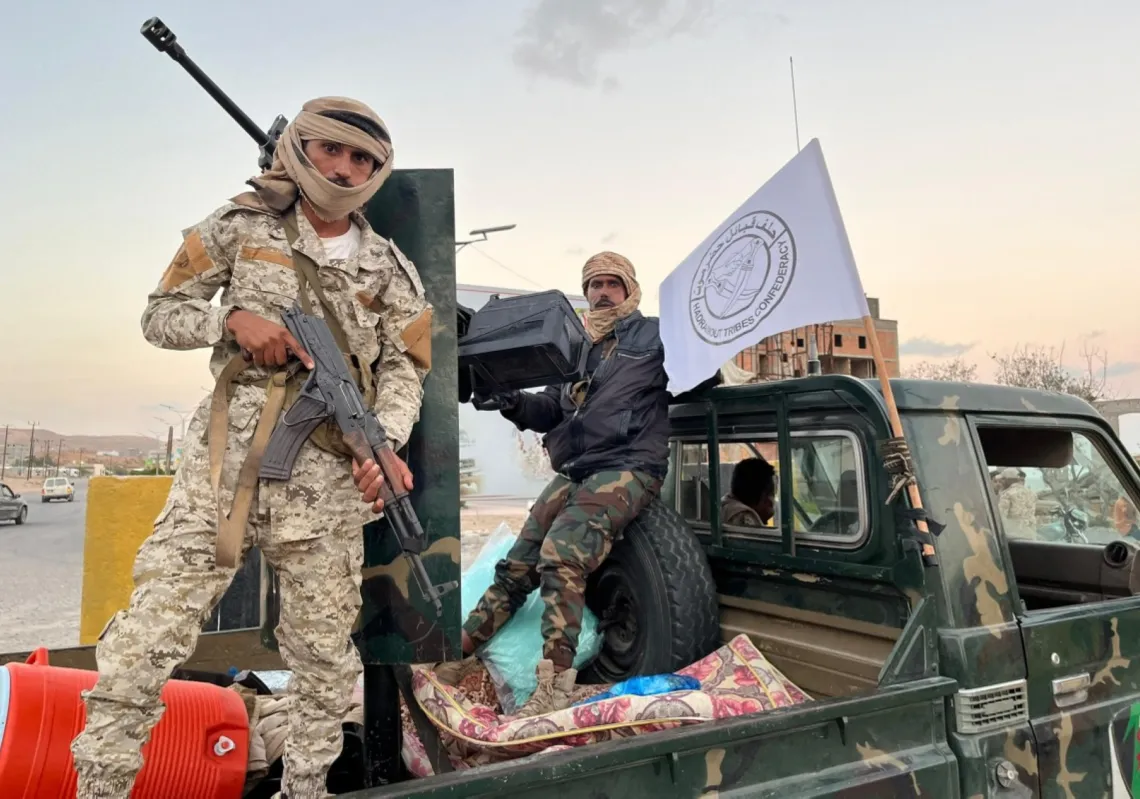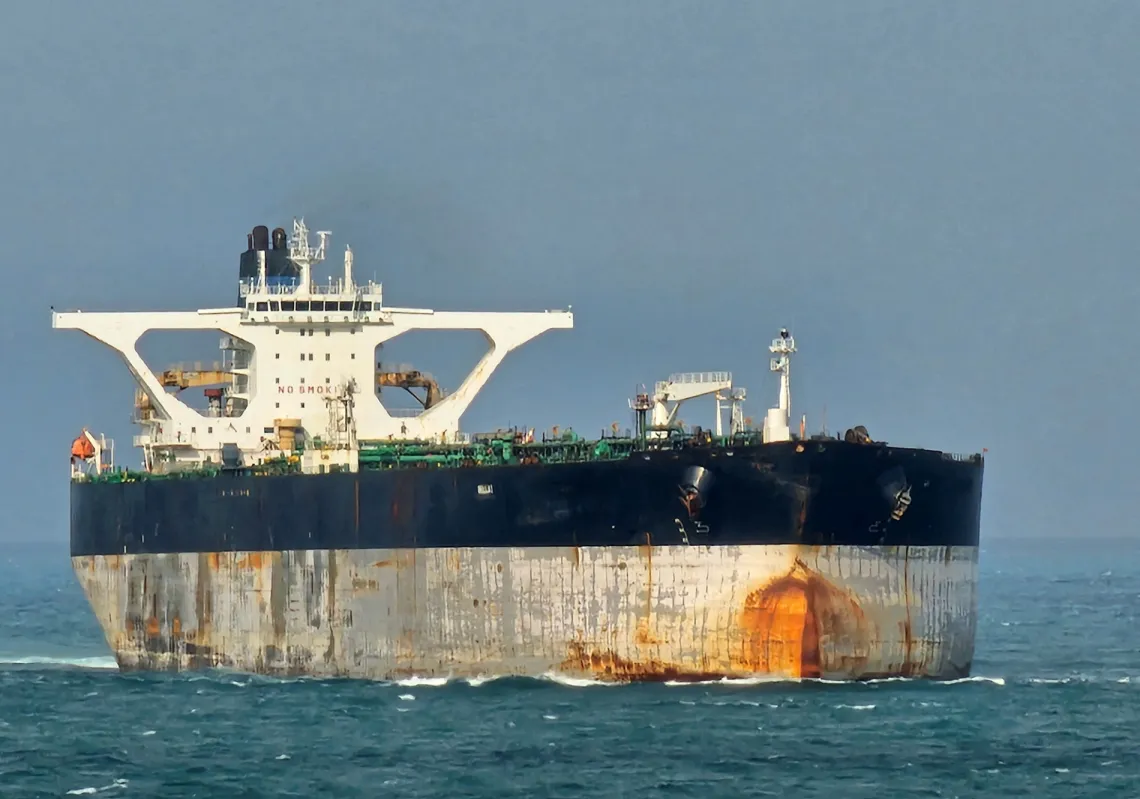It is known that external interference in the internal affairs of any country is often a result of internal weaknesses in that country. When States fail to resolve their internal problems, this necessarily requires the intervention of regional and international sides and forces, regardless of the nature of such intervention and the motives and real intentions of each side.
Yemen is suffering at this stage from a complex and severe crises at the political, economic, and social levels. The most important of these crises is the brutal war going on in the north of the country, between the army and the insurgents. Although it has temporarily abated during different periods, this war, which erupted in 2004, continues. Now, the sixth war is intensifying rapidly, its dimensions are widening, its sides are multiplying and the number of its civilian and military victims is increasing. However, there are no signs on the horizon that the crisis will be resolved internally, either by a decisive military victory or by way of a political solution.
Despite our understanding of the government’s concerns and fears about foreign mediation, problems in Yemen appear to be complicated enough to the require external interference. Foreign interference will help ease the tense situation in the country, such as what the Doha agreement did in Lebanon between the Lebanese factions. I believe that external intervention by a fair and impartial third side, whith no political agenda, acting as a mediator could make the two conflicting sides come to a mutual understanding and help them find suitable grounds for developing a final and comprehensive solution to this disastrous war. This is necessary for several reasons:
Solving the Saada crisis internally and without help from external sides requires a minimum of stability. Particularly, a consensus between Yemeni political forces and parties, as well as other political players. This is currently not available in Yemen. Yemen suffers from political and national security crises, both in Saada and in the south, not to mention the growing threat posed by al-Qaeda. There is great controversy and a stark contrast in views between the various political forces over all these issues and challenges, particularly between the ruling General People's Congress Party and the main opposition parties, which are untied under the so called "Joint Forum" bloc.
Since the outbreak of the war in 2004, all mediation efforts undertaken by tribal and political parties and committees, and social and religious figures have failed in stopping the fighting in Saada. Other steps taken by the government failed to calm the situation. One such step was the Government's initiative in September 2005 on the occasion of the forty-third anniversary of the revolution, in which President Ali Abdullah Saleh offered to pay compensation to the Hamiddin family who ruled northern Yemen until the revolution of 1962. Other measures and actions to stop the war unilaterally have also failed, such as what happened last year when President Saleh announced that the war has permanently ended.
Despite the failure of the Qatari mediation to end the war in Saada, they proved that an intervention by a third party with good intentions and without any personal interests, could contribute to resolving the crisis. The Qatari mediation approach to resolve the Saada crisis was one of the most objective and realistic approaches. It would have succeeded, if it hadn't ignored issues concerning the provision of effective follow-up mechanisms to monitor and implement the provisions of the Doha agreement between the rebels and the state. There were, however, also external players who intervened and contributed in the failure of this mediation.
In fact, to be peacefully saved from Saada crisis, Yemen is in an urgent need for assistance of other sides - whether externally, regionally or internationally - as much as it internally needs true efforts and sincere intentions. This assistance has become so much needed especially because the internal solution has become nearly impossible. But any external intervention should be cautiously dealt with. The Intentions of mediators or initiatives posed should be tested. Any side that would intervene in Saada crisis as a mediator should enjoy credibility and should seek solving the problem and helping Yemen to overcome this crisis.
Excluding the Qatari mediation, at least in the current stage, there are regional forces that could play this role in Yemen such as Egypt or Turkey. I believe, if both countries express their willingness to intervene to solve the Saada crisis, they will be welcomed by both the two parties of conflict. In addition, Cairo and Ankara have qualifications necessary for playing such role. Based on its political and historical relations with Yemen, Egypt would successfully play this role. Moreover, Egypt is trying now to regain its political role and regional rank, after this international position diminished in the last decades. Turkey also seeks a pivotal role in the regional politics. Ankara's policy towards the Arab countries focuses now on relocation and seeks new important roles in the region. Therefore, I believe that an intervention by either country could achieve their personal ambitions and at the same time, increase the chances for of success in rescuing Yemen from its crisis by putting an end to the long war in Saada.
It can therefore be said that the if Yemen fails to overcome its crises because international forces avoid a positive intervention, Yemen could easily become a failed state. If this happens, the negative impact will not be limited to collapse of Yemen but it would extend to threaten security and stability of the region as a whole.
Saqaf Omar Al-Saqaf -
A researcher in the Centre for Research & Information In the Yemeni News Agency (Saba)








